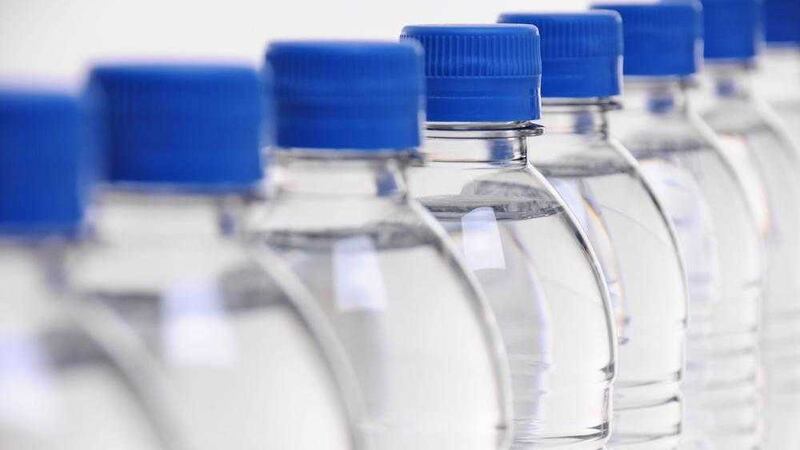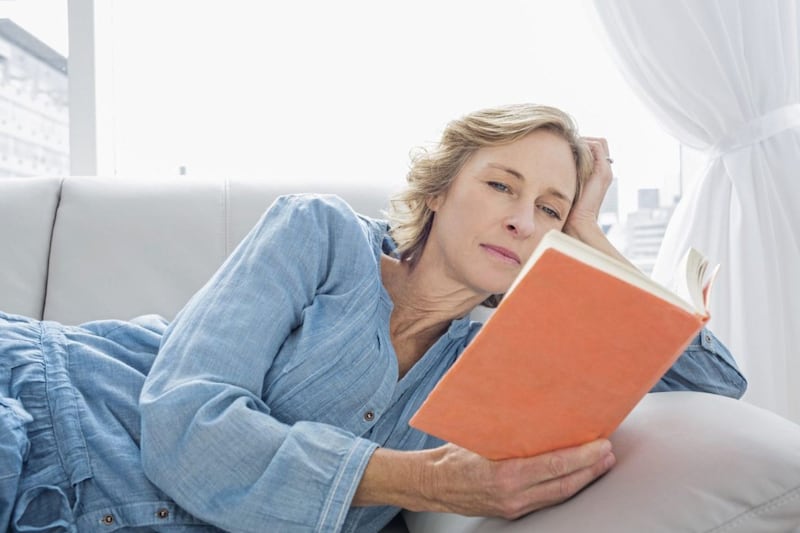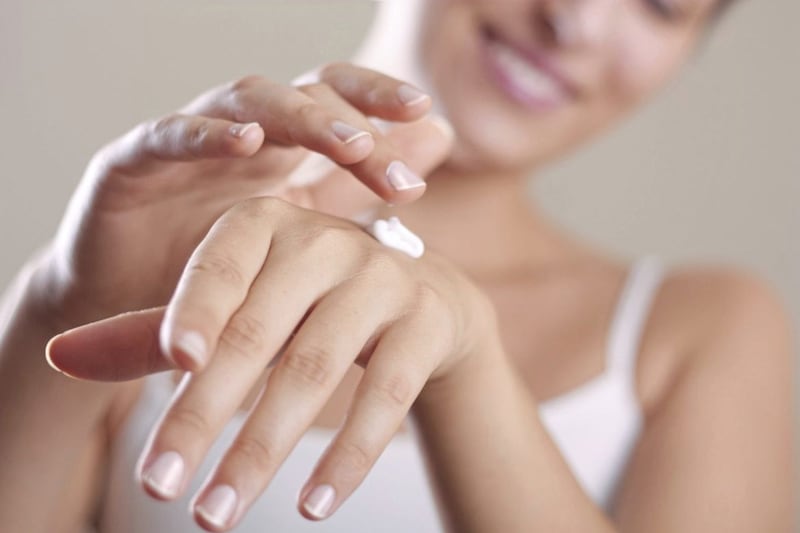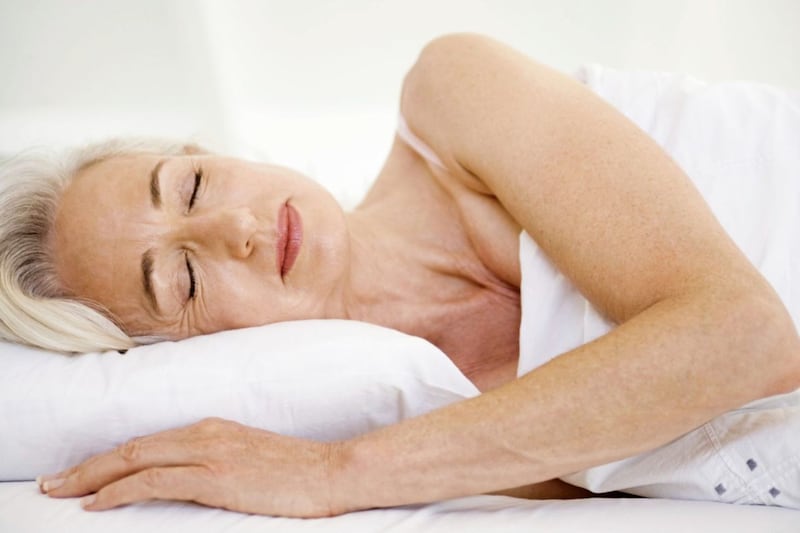HYDRATION, hydration, hydration... Many believe it's the number one rule of wellness.
On a very basic level, we need water to survive (our bodies are made up of 60 per cent water; it's in our cells, in blood, in our brain and spinal fluids) – but it's only once you get into the habit of making a conscious effort to stay well hydrated, that you truly realise the difference it can make.
Scientifically, opinions can be mixed as to whether we really do 'need' at least six to eight daily glasses of straight-up H2O (more if you're exercising/in a hot place), the amount so often bandied by nutritionists and wellness and lifestyle gurus, to reap the benefits.
Back in 2011, for example, Glasgow GP Dr Margaret McCartney published an article in the British Medical Journal on how there is not actually strong evidence that we really need to drink this much, while according to the Tea Advisory Panel, recent studies have suggested that drinking tea can tick those hydration boxes just as well (those dehydrating diuretic effects might not be such a concern after all). Foods contain water too, and then there are all the other liquids we consume.
But sometimes it's not about scientific evidence; it's about how you feel. Getting my water quota means fewer headaches, a clearer and more alert mind, perkier energy levels, not to mention brighter, healthier-looking skin.
For beauty and wellbeing entrepreneur Liz Earle, drinking water is as essential a part of skincare as the products you put on – and she should know, as co-founder of one of Britain's biggest independent beauty brands.
"Don't forget that skincare starts from within," she reiterates. "Drinking loads of water is absolutely key for great skin; everyone should aim to drink at least one-and-a-half to two litres a day."
If her own radiant complexion is anything to go by – she's a mother-of-five and in her 50s – it's advice worth listening to. But for Earle, beauty and overall health and wellbeing have always been intrinsically linked.
It's a philosophy she extends to the environment too. "Communicating issues about wellbeing is something I do every day, and I believe that protecting the environment is fundamental to the wellbeing of all of us," she says.
Unfortunately, staying topped up with H2O and being kind to the planet don't always go hand in hand.
Despite the fact our tap water is safe to drink, according to new research on behalf of BRITA, adults in Britain and Northern Ireland will get through 7.7 billion single-use plastic water bottles this year alone. And it's not just when we're out and about: nearly a third (30 per cent) admit to using bottled water at home too, and 22 per cent of four to 18-year-olds drink mainly bottled water.
According to a Mintel report, sales of bottled water grew by 25 per cent from 2010-2015. This might be a good sign that those healthy hydration messages are trickling through, but it's not great news for the environment – even if the bottles you choose are recyclable.
The BRITA figures reveal 32 per cent of us don't believe our bottled water habits contribute to pollution because we recycle. However, the Marine Conservation Society (MCS), which BRITA has partnered with on a campaign, explains that it's not always that simple.
"It takes 162g of oil and seven litres of water to manufacture a single one-litre disposable PET bottle, which amounts to the release of 100g of carbon dioxide (CO2), a major greenhouse gas. This means single-use plastic bottles significantly contribute to pollution, even if they are subsequently recycled," says Dr Sue Kinsey, senior pollution policy officer at the Marine Conservation Society.
Plus, they aren't all recycled. More than five billion plastic bottles a year end up as litter or in landfill, notes Richard McIlwain of Keep Britain Tidy, and some end up in our oceans, where they're "a menace to wildlife, particularly as they start to break down", says Kinsey.
"They add to the microplastic load of the oceans and can be eaten by animals at all stages of the food chain," she adds.
Earle is passionate about encouraging everybody to do their bit to help protect our oceans and promote our own healthy habits.
Switching to tap water is also, of course, far cheaper, and if you don't like the idea of drinking straight from the tap, BRITA products make it simple to filter water.
:: Liz Earle is an ambassador for BRITA, championing sustainability. See brita.co.uk
5 OF THE BEST... SUSTAINABLE WATER BOTTLES
:: Canteen 16oz Copper, £20, JOY (www.joythestore.com)
This sleek metallic bottle looks super stylish and promises to keep water cool all day.
:: BRITA fill&Go Vital Water Filter Bottle, £15 (www.brita.co.uk)
Now you can use BRITA filters on the go with their new fill&Go bottle, which holds 600ml. Comes with four filter discs, dishwasher safe
:: Memobottle, £22.99, The Fowndry (www.thefowndry.com)
Traditional bottles can be too bulky. This ingenious flat bottle will slip neatly alongside folders, books and tablets.
:: Lifestraw Go, £45.95 (www.lifestraw.com)
One for adventure lovers, this super-durable bottle from Lifestraw removes bacteria and protozoa from stream or river water, making it safe to drink.
:: Metal Drink Bottle, £15, Typo (typo.com)
This metal 500ml bottle comes in seven striking designs, and will keep water cool – or tea and coffee hot.








